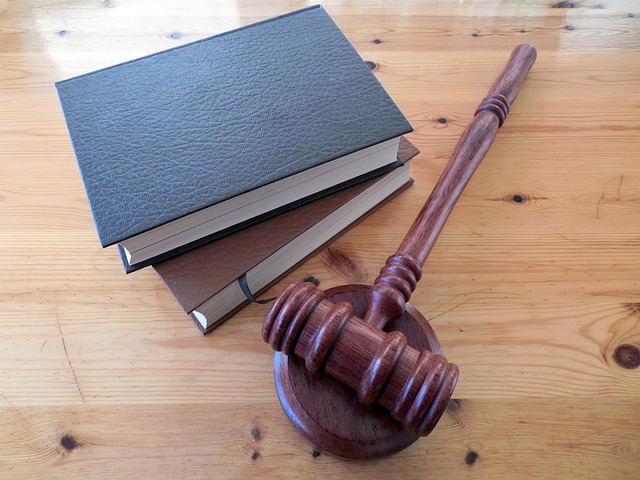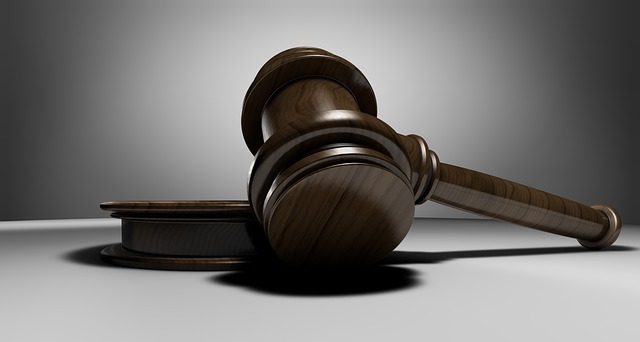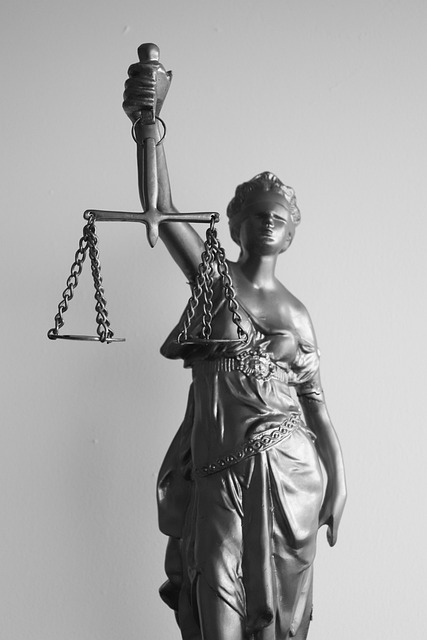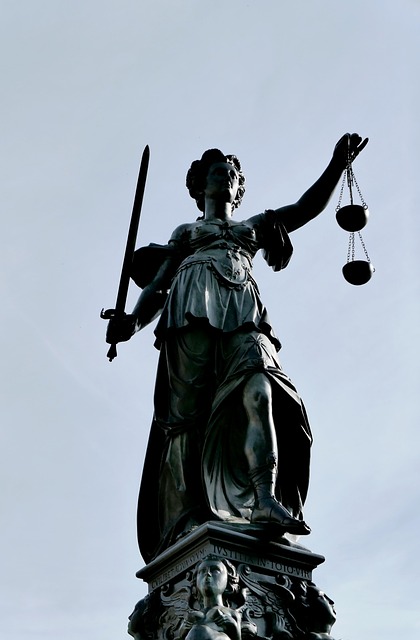Public corruption, involving abuse of power for personal gain, is tackled through legal action focusing on unfair workplace practices. This includes charges against government and corporate officials for bribery, embezzlement, fraud, and unethical bid-rigging. Such cases aim to uphold democratic integrity, promote transparency, and ensure accountability. Prosecutors must prove abuse of position through complex financial structures in white-collar crimes. Defendants employ strategies like challenging witness credibility and exploiting legal loopholes. Convictions lead to severe penalties, impacting both individuals and public trust. Legal action, combining criminal and civil proceedings, serves as a deterrent for future misconduct while protecting the rights of the accused.
“Public corruption charges represent a serious breach of trust within governmental bodies, impacting fair workplace practices on a profound level. This article delves into the intricate aspects of understanding and combating public corruption. We explore the legal framework designed to address unfair workplace behaviors, focusing on evidence requirements and the consequences for convicted officials. By examining these key elements, we highlight the importance of legal action for unfair workplace practices, offering insights into maintaining integrity in public service.”
- Understanding Public Corruption Charges: Definition and Scope
- Legal Framework for Addressing Unfair Workplace Practices
- Evidence and Proof Requirements in Corruption Cases
- Consequences and Remedies for Convicted Officials
Understanding Public Corruption Charges: Definition and Scope

Public corruption charges encompass a wide range of illegal activities where individuals in power positions abuse their authority for personal gain. This can include various acts such as bribery, embezzlement, fraud, and misuse of public funds. Understanding these charges requires recognizing that they target not just government officials but also anyone involved in public office or holding a position of trust. The scope extends to both corporate and individual clients who engage in unethical practices, particularly when it involves unfair workplace practices like price-fixing or bid-rigging.
The legal action against public corruption goes beyond criminal prosecution. It aims to uphold the integrity of democratic institutions and ensure transparency within philanthropic and political communities. An unprecedented track record of successful prosecutions sends a strong message that such misconduct will not be tolerated, fostering a culture of accountability and ethical conduct.
Legal Framework for Addressing Unfair Workplace Practices

When it comes to addressing unfair workplace practices, a robust legal framework serves as a beacon of justice for employees facing corruption or misconduct from their employers. In many jurisdictions, specific laws have been enacted to protect workers’ rights and provide a avenue for legal action against corrupt or unethical business practices. These legislative tools are designed to ensure fairness, accountability, and transparency in the workplace.
The general criminal defense plays a pivotal role here, offering protections and remedies for those who’ve suffered due to corrupt acts. Through diligent investigation and prosecution, these laws aim to deter similar misconduct and send a message to philanthropic and political communities that integrity in business is paramount. An unprecedented track record of successful cases further strengthens this framework, demonstrating the commitment to upholding justice and fair employment standards.
Evidence and Proof Requirements in Corruption Cases

In public corruption cases, evidence and proof requirements differ significantly from typical criminal proceedings. Prosecutors must demonstrate that a public official or individual has abused their position for personal gain, often involving complex financial transactions and intricate legal structures. This demands a robust understanding of both the underlying laws and the nuances of corporate and individual client relationships. A successful white collar defense strategy relies on meticulous scrutiny of evidence to ensure it is not only relevant but also admissible under strict legal standards.
The goal for defendants facing public corruption charges is to navigate the legal landscape, challenging the prosecution’s case at every turn. Skilled attorneys employ various tactics to achieve winning challenging defense verdicts, including examining the integrity of evidence, questioning witness credibility, and leveraging loopholes in legislation. By presenting a compelling defense, they aim to protect not only their clients’ interests but also ensure that justice is served fairly, even in the face of allegedly unethical practices within public offices.
Consequences and Remedies for Convicted Officials

When public officials are convicted of corruption, the consequences can be severe, impacting both their personal and professional lives. These penalties often include significant fines, imprisonment, and permanent removal from office. The impact extends beyond the individual, as it erodes public trust in government institutions. Legal action for unfair workplace practices, such as those employed by corrupt officials, is a crucial aspect of upholding ethical standards within public service.
Remedies for convicted officials involve both criminal and civil proceedings, aiming to deter future misconduct. In the context of all stages of the investigative and enforcement process, a robust white collar defense strategy is essential for corporate and individual clients alike. These strategies may include plea bargains, leniency requests, and appeals, ensuring that the rights of those accused are protected while promoting accountability.
Public corruption charges, as discussed in this article, highlight the importance of understanding and addressing unfair workplace practices. By examining the legal framework, evidence requirements, and consequences for convicted officials, it’s evident that legal action for unfair workplace practices is a crucial step towards fostering integrity and transparency in public institutions. Implementing robust measures to combat corruption not only ensures justice but also strengthens the relationship between government and its citizens.






